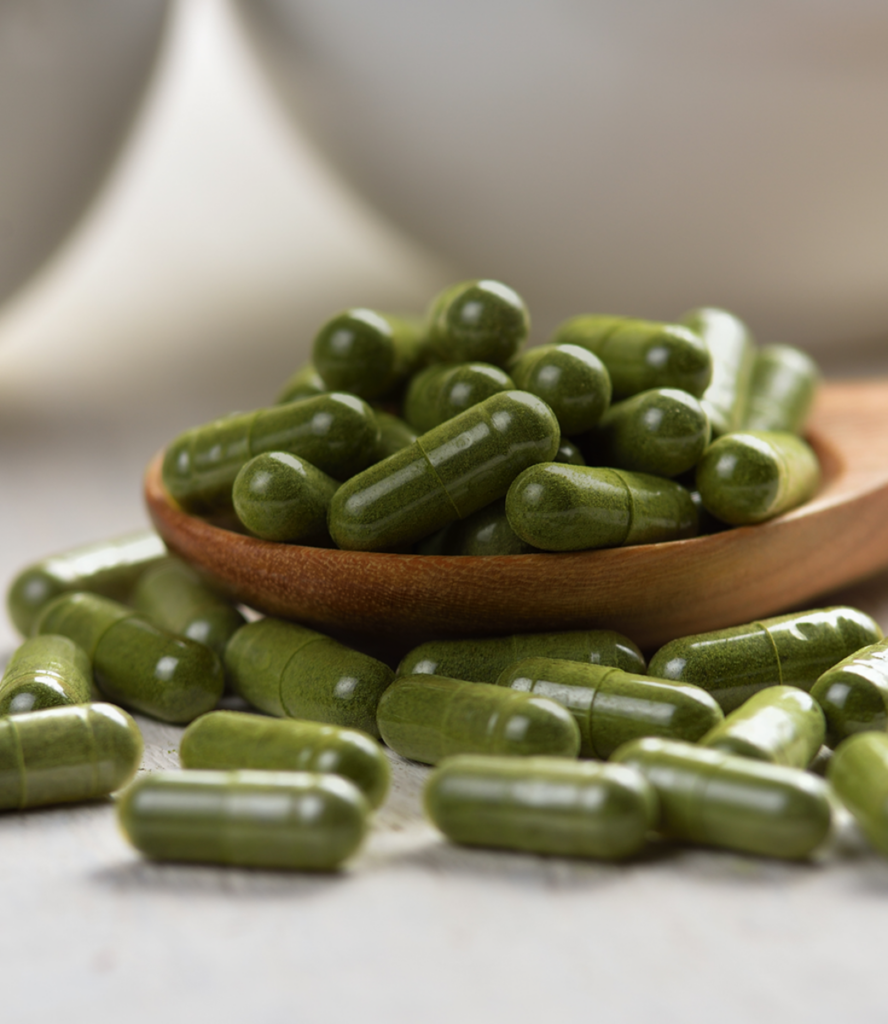Moringa, often referred to as the “drumstick tree,” “miracle tree,” or Moringa oleifera, is a versatile plant widely celebrated for its nutritional and medicinal properties. For centuries, this plant has been integral to traditional medicine systems across Asia, Africa, and the Middle East. The various parts of the moringa tree—leaves, seeds, pods, roots, and bark—offer an array of therapeutic benefits, making it a cornerstone of holistic health practices.
Historical and Cultural Significance
Moringa’s use in traditional medicine dates back thousands of years. Ancient texts from Ayurveda describe moringa as a cure for over 300 diseases, emphasizing its role in treating inflammation, infections, and malnutrition. Similarly, traditional African medicine has long used moringa to combat illnesses ranging from digestive issues to skin ailments. Its widespread adoption across cultures underscores its significance as a natural remedy.
Key Medicinal Components
Moringa owes its therapeutic prowess to its rich composition of bioactive compounds, including:
- Vitamins and Minerals: High levels of vitamin A, C, E, calcium, potassium, and iron.
- Antioxidants: Quercetin, chlorogenic acid, and beta-carotene, which combat oxidative stress.
- Proteins: Essential amino acids vital for tissue repair and growth.
- Anti-inflammatory Agents: Isothiocyanates and flavonoids reduce inflammation at the cellular level.
- Antimicrobials: Natural compounds in moringa possess antibacterial, antifungal, and antiviral properties.
Traditional Applications of Moringa
Moringa has been employed in traditional medicine to address a wide range of health issues. Here are some notable uses:
1. Treating Malnutrition
Moringa leaves are rich in nutrients, making them an effective remedy for malnutrition, especially in developing countries. Traditional healers use moringa powder to improve the nutritional status of children and nursing mothers.
2. Managing Digestive Disorders
Moringa pods and seeds are used in traditional medicine to treat constipation, ulcers, and gastritis. The plant’s fiber content supports gut health, while its antibacterial properties combat harmful pathogens in the digestive tract.
3. Boosting Immunity
Traditional healers recommend moringa leaf tea to strengthen the immune system. The combination of vitamins and antioxidants fortifies the body against infections.
4. Skin and Wound Healing
The application of crushed moringa leaves or oil on wounds and skin conditions like eczema has been a common practice. Its anti-inflammatory and antimicrobial properties promote rapid healing.
5. Supporting Cardiovascular Health
Moringa seeds are traditionally used to regulate blood pressure and cholesterol levels, thanks to their antioxidant and lipid-lowering effects.
6. Improving Lactation
In many cultures, moringa is considered a galactagogue—a substance that increases milk production in nursing mothers. It is commonly added to meals or consumed as a tea.

7. Managing Diabetes
Traditional remedies often include moringa leaf powder for controlling blood sugar levels. Modern studies have validated its hypoglycemic effects, linking them to compounds that improve insulin sensitivity.
8. Enhancing Respiratory Health
Moringa root and leaf infusions have been used to treat asthma, bronchitis, and other respiratory conditions. Its anti-inflammatory properties help reduce airway inflammation.
Scientific Validation of Traditional Claims
Recent scientific research supports many of moringa’s traditional uses. Studies have highlighted its potential in addressing chronic diseases like diabetes, hypertension, and arthritis. The plant’s antimicrobial properties are being explored as a natural alternative to antibiotics, while its rich antioxidant profile is recognized for protecting against oxidative stress-related conditions.
Integrating Moringa into Modern Medicine
While traditional medicine systems have long embraced moringa, its integration into modern healthcare is growing. Moringa supplements, teas, oils, and powders are now widely available, bridging the gap between ancient wisdom and contemporary health needs. However, it is essential to balance traditional practices with scientific rigor to ensure safety and efficacy.
Precautions and Considerations
Despite its many benefits, moringa should be used with care. Overconsumption may lead to side effects like digestive upset or lower blood pressure excessively. Pregnant women should avoid moringa root and bark, as they may induce uterine contractions.
Conclusion
Moringa’s role in traditional medicine highlights its unparalleled potential as a natural remedy. From treating malnutrition to managing chronic illnesses, it embodies the synergy between nature and health. By combining traditional knowledge with modern scientific research, moringa continues to serve as a beacon of holistic wellness, offering hope for healthier communities worldwide.
Ajigofarms is a reliable global agricultural purchase sourcing with profound expertise in the manufacturing, and exportation of food crops. We are tested, and trusted suppliers of all kinds of cash crops and food crops. Our constant supply chain solution makes exporting easy, quick, and safe, we are identified with timeliness and meeting up with deadlines. Regardless of the region you are located in worldwide, you can reliably order your Agric products and be rest assured of successful delivery.




